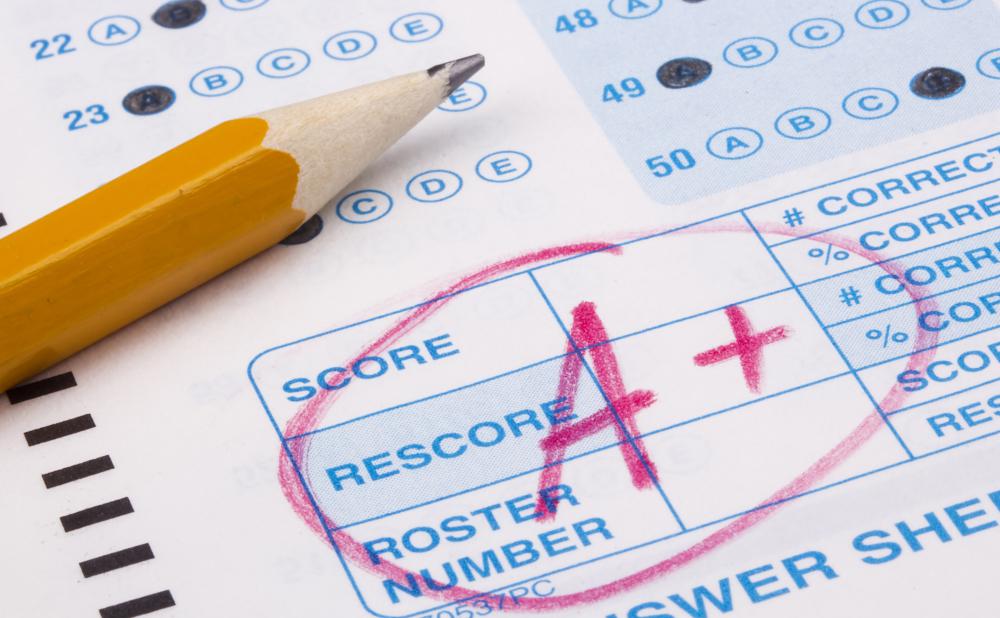At WiseGEEK, we're committed to delivering accurate, trustworthy information. Our expert-authored content is rigorously fact-checked and sourced from credible authorities. Discover how we uphold the highest standards in providing you with reliable knowledge.
How do I get an Ecology Degree?
When people speak of getting an ecology degree, they mean obtaining at least a Bachelor of Science in the field of ecology. There are many universities that offer ecology as a major, and the main goal toward getting an ecology degree it to get into one of these schools. Some may have rigid requirements, and others possess greater flexibility in accepting students. There are both online schools and offline ones from which students can choose.
High school students who want to head straight to college to earn an ecology degree should study hard and try to take advanced work in the sciences and in mathematics. Taking advanced placement classes may help because students who pass final exams in these classes get college credits for their studies. This might cut down on number of classes required at the college level.

On the other hand, if students haven’t quite met all the requirements to get into the college of their choosing, they may want to consider spending the first two to three years at a junior college and then transferring to a school with a good ecology department. This is also an excellent option for people returning to school after a long absence. Not only are junior college fees much less expensive, but there is a chance to take any remedial courses required, and all courses needed during the first two years of school, which prepare students for more advanced treatment of scientific topics in the junior and senior years.

Those interested in an ecology degree may have more extensive studies in mind. There are both masters level and doctorate (PhD) programs offered in ecology. A student who already possess an undergraduate ecology degree, or a degree in a related scientific field might want to teach, conduct field research, or simply be interested in having more knowledge about the field.

Master and doctorate programs can be slightly more competitive, especially at offline schools. Online schools might have lower grade point average requirements, but lab work may be more challenging to do, and in all cases, students should verify accreditation with major accrediting agencies. In most instances, students should be relieved when rigorous standards are applied to the admissions process because these suggest high quality of graduate programs. Undergrad programs should be viewed as a testing point for grad school, and students should plan on getting very good grades to provide themselves with greatest flexibility in moving on to graduate school.

A graduate ecology degree may focus in many different areas. People could study behavioral ecology, health ecology, plant ecology, or in many other subspecialties. Those looking at grad school should scrutinize each program to see which specialties it offers. It doesn’t make sense to attend a school where no instructors exist to support extensive studies in a single subject.

Students also may need to choose between masters and doctoral programs. Typically doctoral studies offer most opportunity for jobs, though this can vary, and master’s studies take less time. Some programs offer opportunity to do master’s level work and to continue to PhD work. In general it takes a minimum of two years to get a Master's degree in ecology and four (at least) to get a doctorate.
AS FEATURED ON:
AS FEATURED ON:















Discussion Comments
@pleonasm - Well, you can still specialize in most programs. I mean, you might focus on freshwater ecosystems or whatever and you can definitely tailor your degree to a particular job.
A lot of university graduates end up working in a field they didn't expect though. And there are lab technicians who don't even have a degree, but still manage to get the job. I think people should just study what they want to study and take advantage of every opportunity.
@Fa5t3r - That can be a problem in some ways though. Especially if you don't want to go on to the PhD level. Since you don't specialize in much during the Bachelor, it reduces your ability to get a job. If you get a degree in molecular biology, at least your potential employers will know that you can wield a microscope and will probably be able to work in particular lab conditions.
With a degree in ecology, there is no guarantee that you ever did much work with a microscope, or dissection, or whatever else. You might have done a little bit of all of them, but that might not be enough.
When it comes to getting a job in the sciences, I think that it's much safer to specialize.
Ecology is really an amazing field to go into because it includes a little bit of everything. If you can't decide between zoology and botany and chemistry and geology, ecology will allow you to basically study all of them and how they work together.
You might eventually have to specialize a bit more, but it does help in the first few years because you get to see what you enjoy the most and what you are the best at.
Post your comments